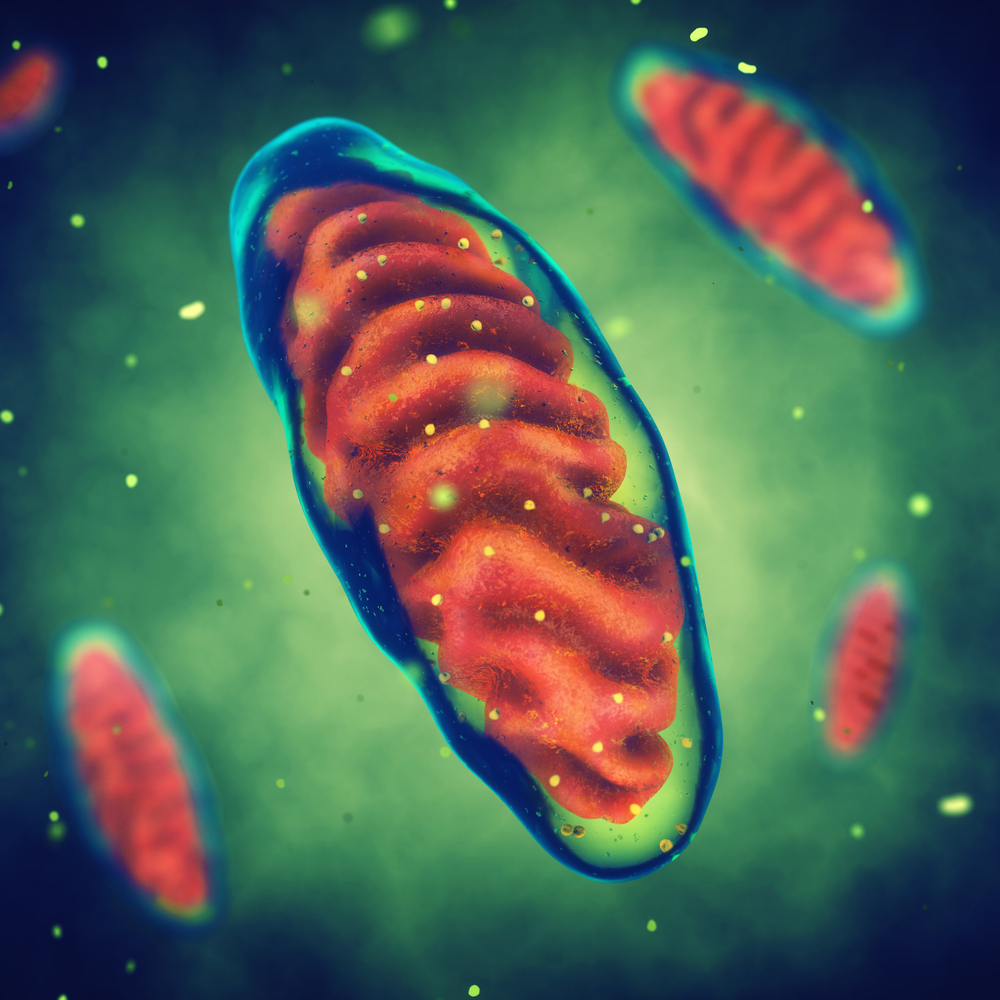Mitoconix Bio Obtains $20 Million To Continue Developing Huntington’s Therapy MTC-1203
Written by |

Mitoconix Bio has secured $20 million in financing to continue developing MTC-1203 as a treatment for mitochondrial impairment in Huntington’s and Parkinson’s diseases.
Several pharmaceutical companies and medical-related venture-capital funds participated in the financing. They include Aril Bioscience, OrbiMed, Remiges Ventures and the Dementia Discovery Fund.
“We are very excited to complete our financing round with a leading group of investors that recognize the transformative potential of Mitoconix Bio’s technology for the treatment of neurodegenerative diseases,” Eyal Neria, Mitoconix Bio’s CEO, said in a news release. “The great need for medicines to slow or arrest progression of neurodegenerative diseases motivates us to rapidly advance our lead product to clinical development and to create a pipeline of therapies for these devastating diseases.”
Mitochondria are the cell component that specializes in energy production, so its proper activity is crucial to the normal functioning of all cells. Mitochondrial fragmentation, a process linked to the development of several diseases, leads to energy production deficits.
Huntington’s disease is a neurological disorder marked by progressive loss of neurons, which affects the proper functioning of the brain. Previous studies have linked deficient mitochondrial activity, especially excessive mitochondrial division, to the development of Huntington’s.
MTC-1203 prevents excessive mitochondrial division. It has prevented neuron deterioration in laboratory models of Huntington’s by improving mitochondrial activity and energy production and decreasing oxidative stress. Mitochondria generate oxidants as well as produce energy. Too many oxidants can damage other molecules.
Researchers also say the drug has improved movement and cognitive function and delayed disease progression in mouse models of Huntington’s and Parkinson’s. And MTC-1203 has decreased the amount of huntingtin protein clumping and neuron loss in mice with Huntington’s. The clumping is a hallmark of the disease.
In addition, MTC-1203 also lowered neuron inflammation by reducing the activation of immune cells in the brain and the production of inflammatory molecules known as cytokines. Importantly, studies in mice have reported no apparent adverse effects associated with MTC-1203, even after months of treatment.
Although the drug has yet to enter clinical trials, Mitoconix expects it “to be the first disease-modifying therapeutic for treating” Huntington’s disease.


